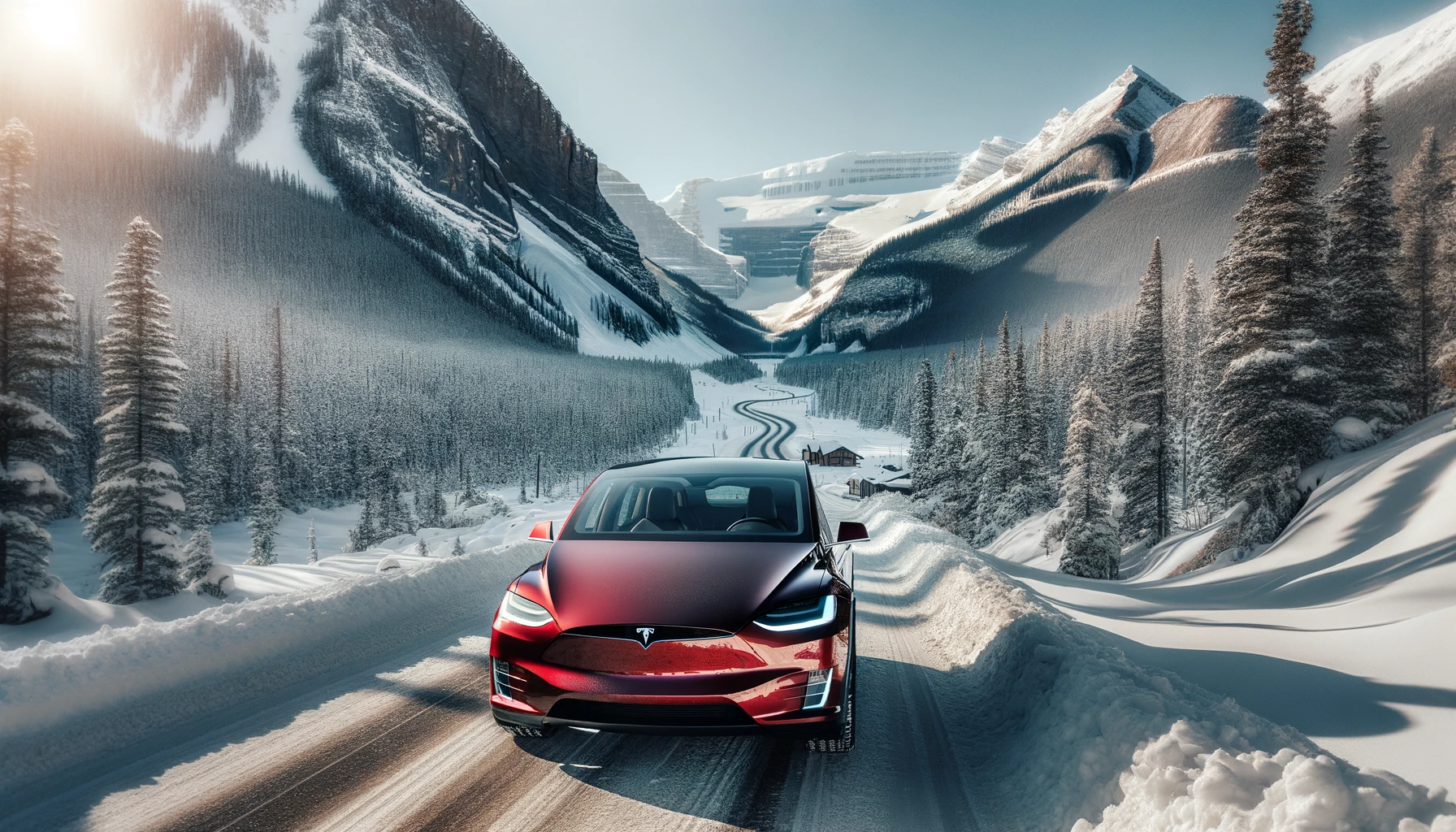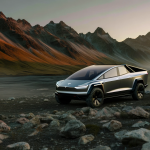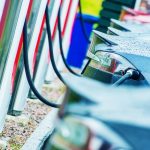In a recent strategic development, Tesla‘s Full Self-Driving (FSD) technology has received preliminary approval in China, signaling a renewed push by CEO Elon Musk to advance the company’s technological frontier. Amidst ongoing debates about Musk’s dedication to Tesla, especially after his acquisition of the social media platform formerly known as Twitter, this move comes as a strong indicator of his commitment. The approval in China is not just a routine step but is viewed as a significant victory for Tesla, which has been facing an uphill battle in the region.
What Does Tesla’s Approval in China Signify?
Tesla’s recent approval for its FSD technology in China marks a crucial pivot in the company’s strategy in Asia. Analyst Adam Jonas from Morgan Stanley highlighted that this development is poised to bolster Tesla’s standing in China, potentially increasing the company’s data harvesting capabilities. This approval could serve as a gateway for Tesla to enhance its global data insights significantly, improving the overall functionality and safety of its autonomous driving technology.
How Will This Impact Investor Confidence?
The announcement has also played a vital role in shaping investor perceptions regarding Elon Musk’s involvement and interest in Tesla’s operations. Previously, there were speculations about Musk reducing his active participation in Tesla, which were fueled by his extensive involvement with other ventures including SpaceX and his social media business acquisition. However, Musk has reassured stakeholders of his commitment, emphasizing that Tesla occupies the bulk of his professional endeavors.
Is There a Broader Impact Beyond Tesla?
This development has broader implications beyond Tesla’s operational strategy. For instance, Elon Musk’s dual role in leading both Tesla and SpaceX might have contributed to a favorable negotiation stance in China, given the strategic interests in both aerospace and automotive technologies that align with national priorities in the U.S. and China. The approval in China could be seen as a diplomatic win as well, potentially easing the geopolitical tensions surrounding tech and trade between the U.S. and China.
In the realm of automotive technology, similar advancements have been made. “Engadget” in an article titled “The Race to Perfect Autonomous Driving” discusses how major tech companies are investing heavily in AI for improving autonomous driving. Meanwhile, “AutoTechInsight” in “AI’s Role in Future Vehicles” evaluates the integration of artificial intelligence in modern vehicles, stressing the importance of data in refining AI algorithms, a factor that Tesla is capitalizing on with its FSD technology.
Key Insights for Stakeholders:
- Tesla’s FSD approval in China might increase global market shares.
- Elon Musk’s ongoing commitment to Tesla could stabilize investor confidence.
- Strategic geopolitical engagements might benefit Tesla’s broader business goals.
The scientific community also shows interest in the implications of such technologies. A paper published in the “Journal of Automotive Technology and Management” discusses how data-driven innovations in autonomous driving can transform urban mobility. The study emphasizes the need for robust data ecosystems to enhance the safety and efficiency of self-driving cars, underscoring the significance of Tesla’s expansion in data-rich markets like China.
Tesla’s recent maneuver in China is not just a testament to its innovative aspirations but also a strategic move that could redefine its market dynamics and investor relations. By securing approval for FSD in China, Tesla not only bolsters its technological credentials but also reassures its investors and stakeholders of its leadership’s dedication and strategic direction. As Tesla continues to navigate through the complexities of international markets and technological advancements, the recent development in China could very well be a harbinger of more significant achievements to come.










